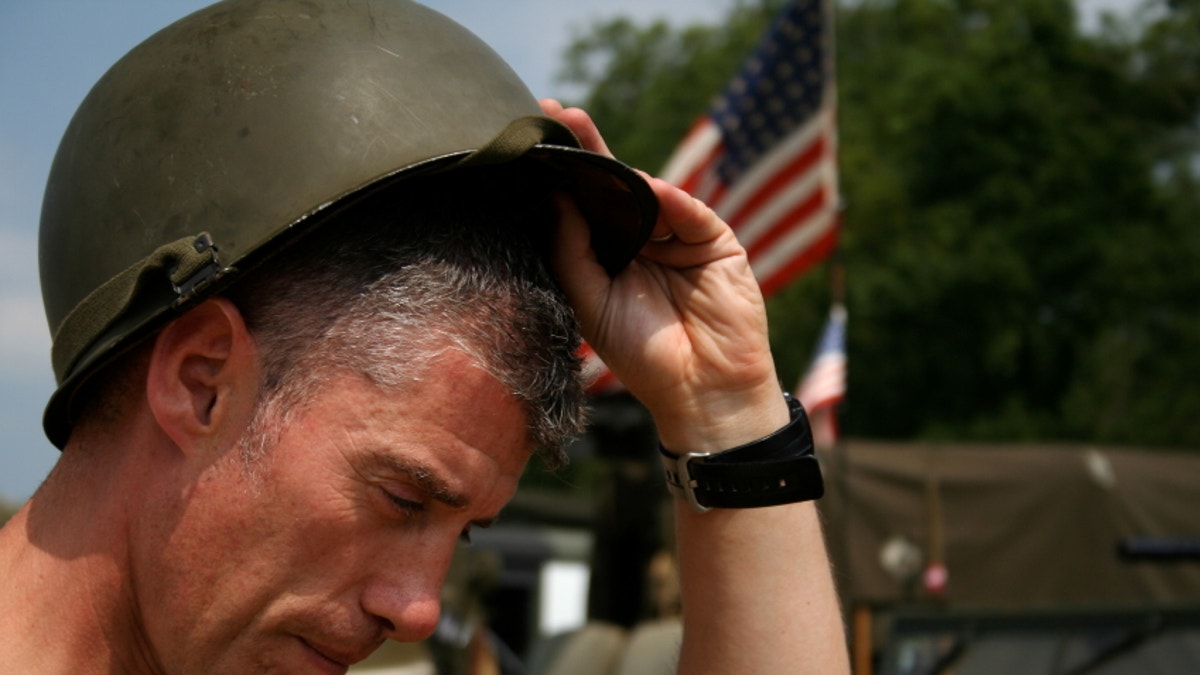
It is now known that the U.S. soldier accused of killing 16 civilians in Afghanistan had been deployed to Iraq three times on combat tours before arriving in Kandahar during December 2011. On one of those tours he suffered a traumatic head injury.
Head trauma is well-known as a potential cause of changes in behavior and personality.
Disorders of impulse control are extremely common following head injuries.
While no one can know at this moment whether the soldier's head trauma played a role in his violence, it will, no doubt, be thoroughly investigated. After all, reports indicate the soldier seemed to be showing psychiatric symptoms before his alleged violence.
Sadly, much less is done to investigate the role of head trauma in violence perpetrated by those who end up incarcerated in prisons in this country. It's a dirty, little medico-legal "secret" (known, by the way, by every prosecutor in America) that head trauma is a feature of the histories of a large percentage of such inmates, with repeated head trauma accompanied by loss of consciousness preceding violent acts in many, many cases.
As a forensic psychiatrist, I know that trying to get a jury to take that fact into account--to consider whether an American who assaults another American in New York or Boston or Los Angeles may have been neurologically and psychologically impaired--is very nearly impossible.
It is as if we turn a blind eye to the fact that being beaten as a kid or knocked unconscious three times as a gang member actually matters.
I testified as an expert witness on behalf of one young man who had savagely beaten another young man, nearly to death. My client had a long history of being unable to control his impulses--exploding with rage on more than one occasion. It also so happened that his step-father had an interesting way of entertaining himself and his buddies when my client was a little boy: He'd force him to run into a tree trunk head-first again and again until he couldn't stand up anymore. The men would bet on how many runs into the tree that would take.
The judge and jury saw that history as completely irrelevant, which completely ignored the facts and anything close to reality.
Incorporating a medical model of criminal behavior--wherein psychopathology deprives assailants of free will and drives violence--is long overdue. It's near-absence from the judicial system and penal system constitutes an embarrassing surrender to our desire to avenge violence, rather than understand it. Now, we look to Hamid Karzai to do better in understanding the violence of one of our soldiers than we do for our own citizens. And I hope he does.
What the Afghan massacre also should highlight is a flawed philosophical/psychological orientation that has influenced the way mental health care is provided to military personnel. The orientation of the armed services' psychological stance is now influenced by Martin Seligman's learned optimism--wherein soldiers are actually taught to deny stress and trauma, and false bravado is actually encouraged, under the banner of "resilience." It's a bad, bad idea that pushes soldiers to "fake good" until they fall apart. And, then, the system continues to withhold needed care, particularly of a psychotherapeutic, insight-oriented variety.
The delivery of psychiatric services to active duty military personnel and veterans is in need of very substantial overhaul. Ditching "resilience" as a mantra, and beginning to listen to soldiers' suffering, would be a start.
Dr. Keith Ablow is a psychiatrist and member of the Fox News Medical A-Team. Dr. Ablow can be reached at info@keithablow.com.




















